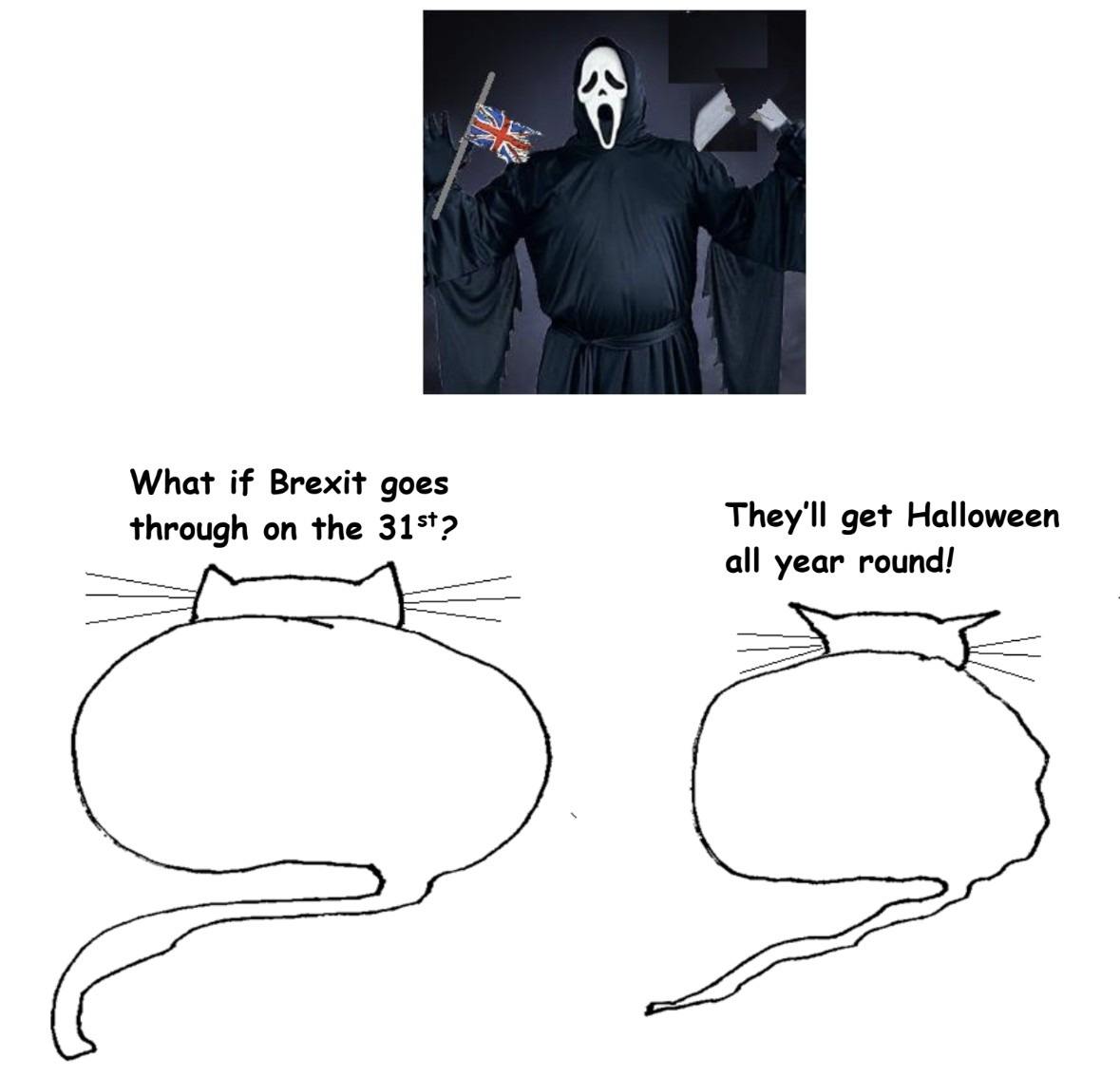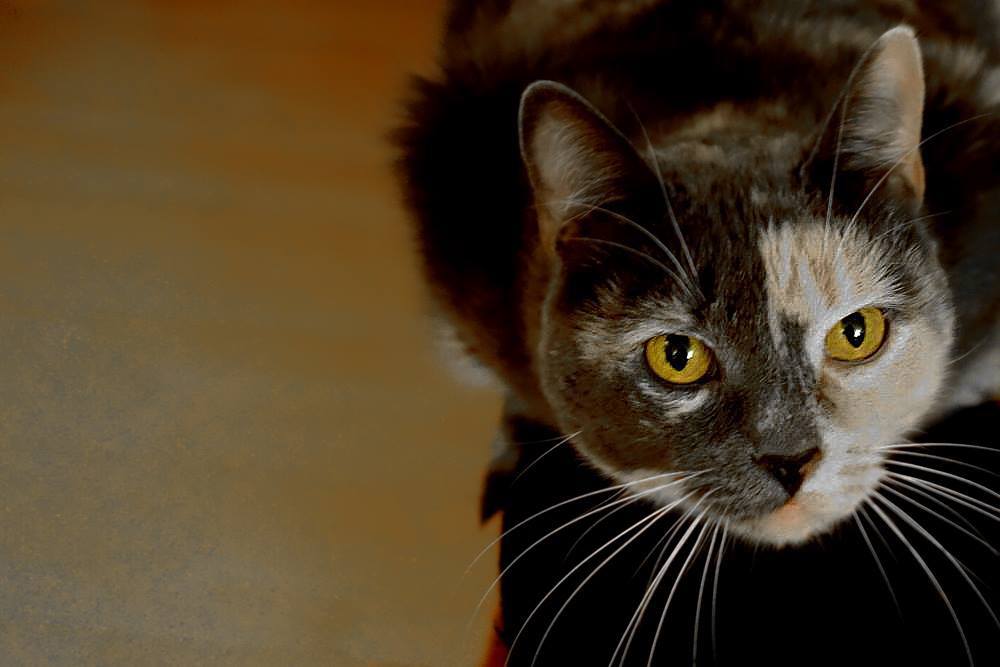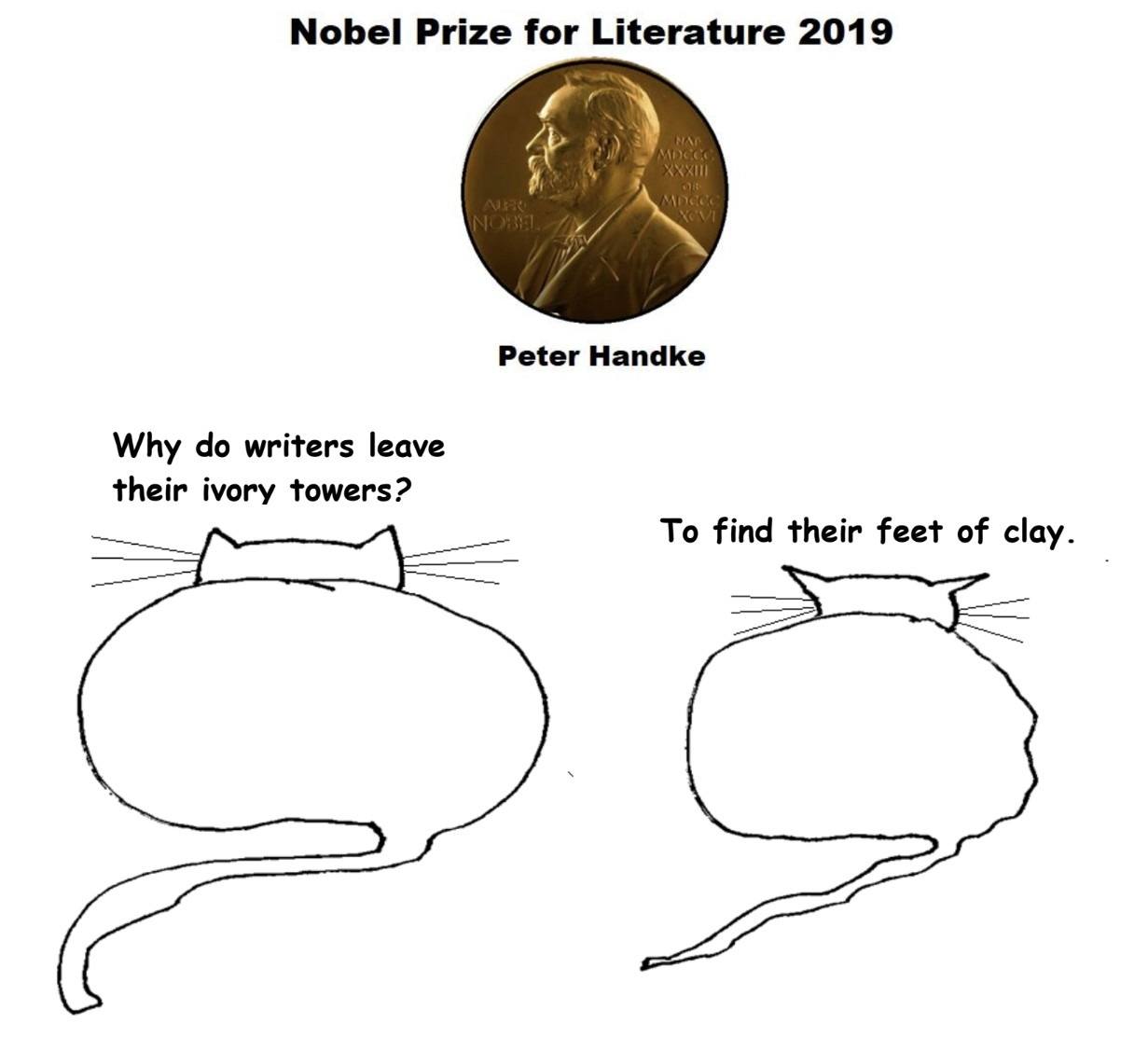by John Schwenkler
This is the first in a planned series of posts discussing different ways of pursuing philosophical understanding.

I am the sort of person who can be very good at finding my way around a place, while having almost no ability to translate that capacity into a realistic map of the place that I am able to find my way around.
This place could be a building, a neighborhood, a city, or a more distant set of locations that are connected by major roads. In each case what allows me to get around is the knowledge of what I can do at various landmarks that will take me from one location to another: for example, turn left at the Exxon station to get to the supermarket; walk past the bathrooms and then up the stairs to the right to reach the department office; take the interstate south to exit 53A, then follow the highway over the bridge and take the first left to get to the beach.
My mastery of these landmark-based strategies means that sometimes I am able to give good directions concerning how to get from here to there in places that I know my way around, though doing this requires me to simulate in my imagination what the next relevant landmark will be after taking a given step—and this sort of remembering is something else that I am not always good at doing. Still, when I do manage to remember, or am reminded of, a given landmark along my memorized route, then what I remember is something I already knew: for example, that the road out of the neighborhood goes past an Exxon station, at which one needs to turn left to get to the supermarket.
With maps, things are different. Even if I am extremely adept at getting around a place, often I will have had no idea that the place I am able to get around has the layout that a map displays it as having: no idea, that is, that the locations I know how to get between are located with respect to one another in the ways that the map displays. In knowing how to find my way around, all I knew was what to do, upon seeing a certain landmark, in order to continue on the way to a given place. And I knew all of this very well without knowing much of anything about the spatial structure of the place I was able to navigate, or the spatial relationships between the landmarks I could find my way between.
Based on conversations with other people about these matters, my sense is that I may be a sort of person who is peculiarly bad at aligning my knowledge of how to get around a place with a representation of that place in the form of a map—though there is some experimental evidence suggesting that landmark-based navigation is the default human strategy for getting around an environment. My present interest, however, is not in these questions, but in a wider phenomenon that this is only a single example of, and which I believe provides a common impetus for philosophical inquiry. Read more »






 American writer Rebecca Solnit laments that few writers have had quite as much scrutiny directed toward their laundry habits as Transcendentalist writer Henry David Thoreau, best known for his 1854 memoir Walden. “Only Henry David Thoreau,” she claims in Orion Magazine’s article “Mysteries of Thoreau, Unsolved,” “has been tried in the popular imagination and found wanting for his cleaning arrangements.”
American writer Rebecca Solnit laments that few writers have had quite as much scrutiny directed toward their laundry habits as Transcendentalist writer Henry David Thoreau, best known for his 1854 memoir Walden. “Only Henry David Thoreau,” she claims in Orion Magazine’s article “Mysteries of Thoreau, Unsolved,” “has been tried in the popular imagination and found wanting for his cleaning arrangements.” Among the best books I’ve read about wine are the two by wine importer Terry Theise.
Among the best books I’ve read about wine are the two by wine importer Terry Theise. 



 I saw Joker last week. I think it’s an excellent film. But the two friends I was with, whose tastes often overlap with my own, really hated it, and we spent the ensuing 90 minutes examining and debating the film. Critics are likewise fiercely divided. Towards the end of our conversation, one friend admitted that, love it or hate it, the film evokes strong reactions; it’s difficult to ignore.
I saw Joker last week. I think it’s an excellent film. But the two friends I was with, whose tastes often overlap with my own, really hated it, and we spent the ensuing 90 minutes examining and debating the film. Critics are likewise fiercely divided. Towards the end of our conversation, one friend admitted that, love it or hate it, the film evokes strong reactions; it’s difficult to ignore.
 The terror of the unforeseen is what the science of history hides, turning a disaster into an epic. —Philip Roth, The Plot Against America
The terror of the unforeseen is what the science of history hides, turning a disaster into an epic. —Philip Roth, The Plot Against America “What is hidden is for us Westerners more ‘true’ than what is visible,” Roland Barthes proposed, in Camera Lucida, his phenomenology of the photograph, almost forty years ago. In the decades since, the internet, nanotechnology, and viral marketing have challenged his privileging of the unseen over the seen by developing a culture of total exposure, heralding the death of interiority and celebrating the cult of instant celebrity. The icon of this movement, the selfie, is now produced and displayed, in endless daily iterations, in a ritual staging of eyewitness testimony to the festival of self-fashioning.
“What is hidden is for us Westerners more ‘true’ than what is visible,” Roland Barthes proposed, in Camera Lucida, his phenomenology of the photograph, almost forty years ago. In the decades since, the internet, nanotechnology, and viral marketing have challenged his privileging of the unseen over the seen by developing a culture of total exposure, heralding the death of interiority and celebrating the cult of instant celebrity. The icon of this movement, the selfie, is now produced and displayed, in endless daily iterations, in a ritual staging of eyewitness testimony to the festival of self-fashioning. Late morning heat rises in waves over tall grass. It’s an hour and a half drive, sand flies buzzing, to Luwi bush camp, a seasonal camp with just four huts of thatch and grass on a still lagoon, far out into Zambia’s South Luangwa National Park, about 300 miles north of Lusaka.
Late morning heat rises in waves over tall grass. It’s an hour and a half drive, sand flies buzzing, to Luwi bush camp, a seasonal camp with just four huts of thatch and grass on a still lagoon, far out into Zambia’s South Luangwa National Park, about 300 miles north of Lusaka.

